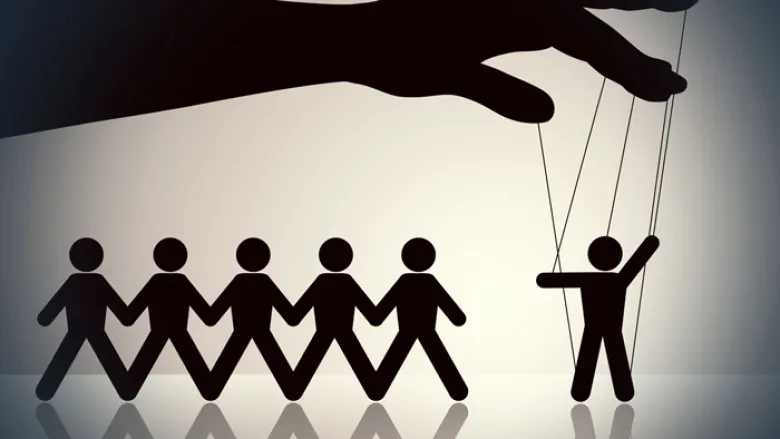(A lengthy but worthy read)
Growing up, I had always felt like a puppet on strings, pulled and jerked by the invisible hands of manipulation. From the gentle prods of family to the relentless pressure of societal expectations, manipulation has been a constant companion in most of our lives. It's a silent stranglehold that creeps into every aspect of our existence, leaving us feeling trapped, powerless, and often, deeply resentful.
As a Nigerian child growing up in Nigeria, a good number of us can relate to being played the "nine-months womb" card by our very dear Nigerian mothers to guilt us into submission to their will. I remember how if at any time I didn't do something my parents wanted, they'd remind me of the sacrifices they had made to bring me into this world and cater for me. It was a heavy burden to bear, knowing that my love and obedience were expected as a form of repayment. This emotional blackmail was a powerful tool, one that our dear old folks wielded with expert precision.
Some of my friendships were also strained by manipulative tactics. Friends would frequently use guilt or emotional blackmail to pressure me into doing things I wasn't comfortable doing at that particular time or at all even. These patterns, which dated back to my childhood, often involved implied expectations of servitude. It was as if they believed that past favors entitled them to my obedience and this toxic dynamic left me feeling resentful and exploited most times. I firmly believe that true friendships should be built on mutual respect and understanding, free from manipulative behaviors.
Love, too, has been a battleground for manipulation. In past relationships, I've often found myself questioning my own judgment, doubting my instincts, and conforming to societal norms that didn't align with my values. The pressure to be a "good girl" (or as Nigerians like to say, a wife material) to please my partner, and to meet his expectations was immense. It was a constant struggle to maintain my sense of self and to stand up for what I believed in.
On a general note, Nigerian leaders, politicians and the "big men" of the society have as well used and are still using their positions to manipulate the public. They often employ tactics like fear-mongering, propaganda, and patronage to control public opinion and ensure their own interests are prioritized. This manipulation has lead to corruption, inequality, and a lack of accountability amongst those in power.
Manipulation could also be seen in situations of abusive relationships, be it verbal abuse or physical abuse. It is a common tool used by abusers to maintain control over their victims, this can involve blaming the victim; making them believe it is their fault that they're being treated in that manner or making them feel trapped in the relationship and powerless to escape.
Manipulation is an insidious force that can have a profound impact on our mental health, relationships, and overall well-being. When we are constantly being manipulated, we can start to doubt our own worth, our abilities, and our right to say "no." We may become people-pleasers, always striving to meet the expectations of others at the expense of our own needs. This can lead to feelings of resentment, anger, and isolation.
Manipulation can also damage our relationships. When we are constantly being manipulated, it can erode trust, create resentment, and ultimately, lead to the breakdown of our connections with others. It is a toxic cycle that can be difficult, but not impossible to break free from.
By: Katrina Edwin

